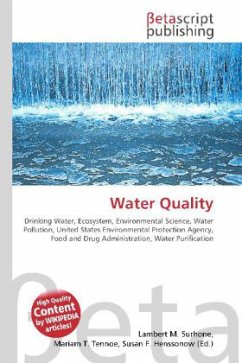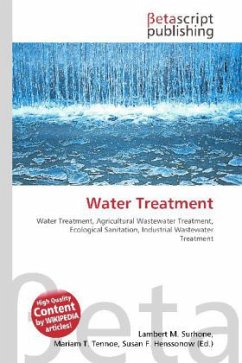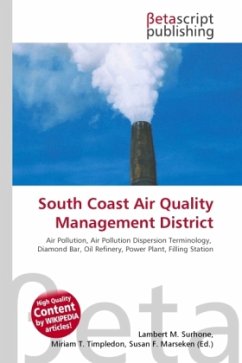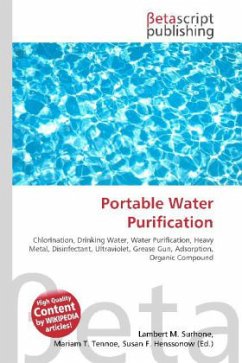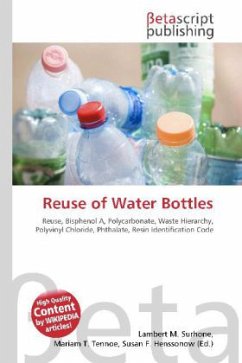Please note that the content of this book primarily consists of articles available from Wikipedia or other free sources online. Water quality is the physical, chemical and biological characteristics of water. It is most frequently used by reference to a set of standards against which compliance can be assessed. The most common standards used to assess water quality relate to drinking water, safety of human contact and for the health of ecosystems. In the setting of standards, agencies make political and technical/scientific decisions about how the water will be used. In the case of natural water bodies, they also make some reasonable estimate of pristine conditions. Different uses raise different concerns and therefore different standards are considered. Natural water bodies will vary in response to environmental conditions. Environmental scientists work to understand how these systems function which in turn helps to identify the sources and fates of contaminants. Environmental lawyers and policy makers work to define legislation that ensure that water is maintained at an appropriate quality for its identified use.
Bitte wählen Sie Ihr Anliegen aus.
Rechnungen
Retourenschein anfordern
Bestellstatus
Storno

